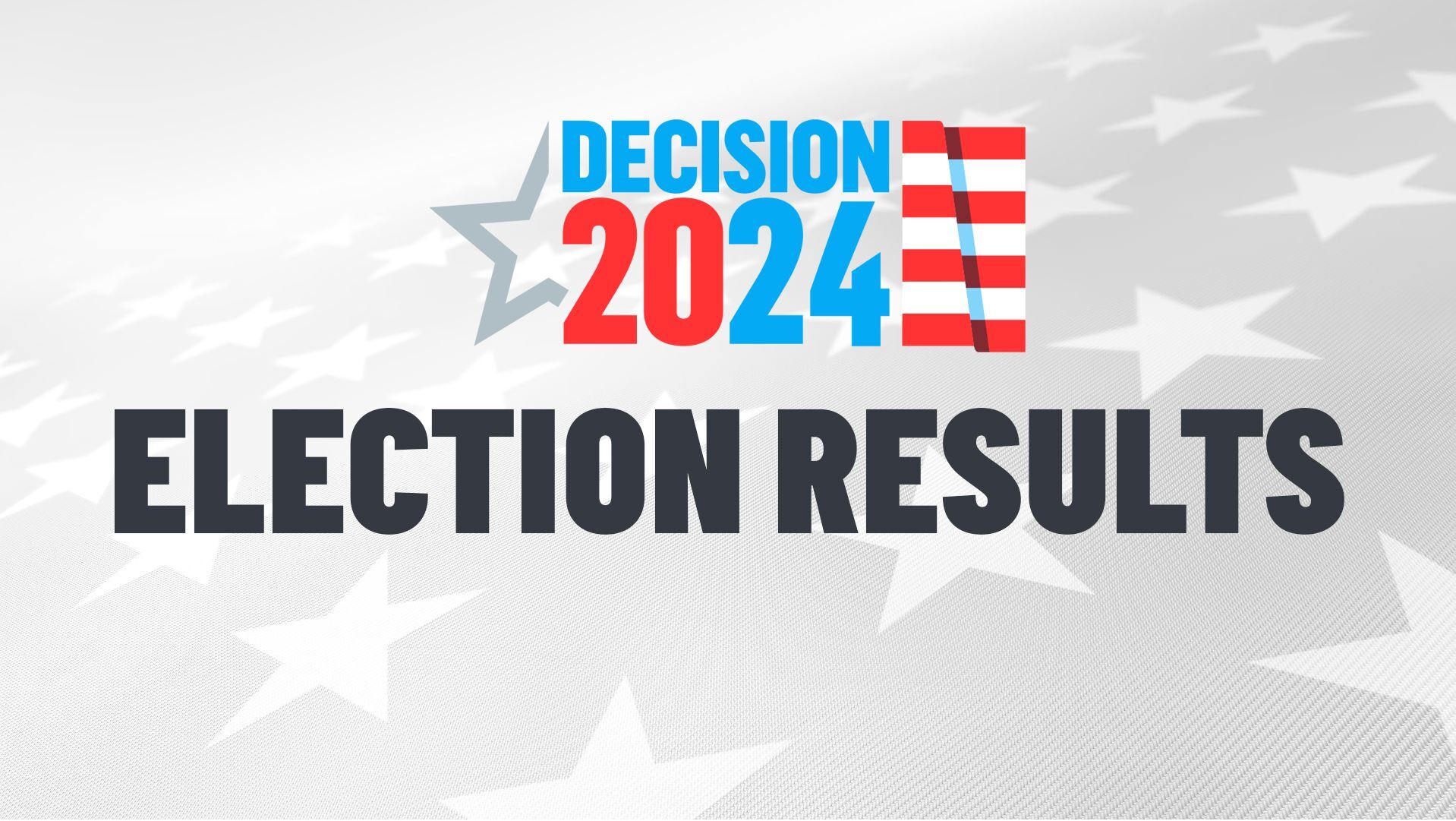San Diego Gas & Electric Wednesday cited a dramatic increase in natural gas prices over the past year as a major reason ratepayers will likely see a large jump on their bills this month.
New gas and electric rates went into effect Jan. 1. According to SDG&E, the cost per unit of natural gas — known as a therm — more than doubled over the past year, increasing from $2.36 per therm in January 2022 to $5.11 per therm in January 2023. The huge spike, though, did not take a year to arrive.
"Natural gas rates paid by customers change monthly based on the market price for the fuel," the utility said in a news release issued on Wednesday.
Just last month, natural gas cost $2.55 a therm for SDG&E customers, according to the utility. As recently as June 2021, when natural gas is cheaper in summer, a therm cost just 40 cents, according to SDG&E.
Get top local stories in San Diego delivered to you every morning. Sign up for NBC San Diego's News Headlines newsletter.
The increase means residents who had a peak winter gas bill of about $105 last January can expect the January 2023 bill to be around $225. Customers who are enrolled in the CARE bill discount program could see their January gas bills increase from around $60 to $130.
Natural gas is not just used for heating and cooking, it's also used to generate 40% of the country's electricity. A typical SDG&E residential customer who receives both electric delivery and electric generation as a bundled service from SDG&E may see their average monthly electric bill increase by around $25 from $160 to $185 starting this month, according to the utility.
Local
"We understand the challenges customers are facing as the cost of goods and services across the board continues to increase," said Dana Golan, SDG&E vice president of customer services. "While not good news, we want to make sure our customers are prepared for significantly higher winter bills, and more importantly, that there are tools and resources, including financial assistance available, given the severity of natural gas market conditions.
According to the utility, more than 90% of the increase in the overall gas rate is driven by the market price for gas — the amount SDG&E pays suppliers to buy gas on behalf of its customers.
SDG&E leaders said they do not charge any markup for natural gas — if the utility pays $1 for natural gas in the commodity market, that's what customers pay. SDG&E began alerting customers about rising gas prices and anticipated rate changes in October so they could be better prepared.
The reasons for the spike in prices are varied, according to the U.S. Energy Information Administration, including widespread, below-normal temperatures; high natural gas consumption; reduced natural gas flows; pipeline constraints, including maintenance in West Texas; and low natural gas storage levels in the Pacific region.
The utility offered some suggestions for relief and how to save money these winter months, including a variety of assistance programs, including bill discounts, debt relief, payment plans and energy efficiency programs.
Some tips to reduce costs include:
- Using caulk and weather-strip around drafty doors and windows; using a door sweep, door sock or towel at the bottom of doors with a gap
- Checking furnace filters once a month and replacing them regularly. A dirty air filter can increase your energy costs and cause problems with your equipment
- Using warm water instead of hot water to cut a washing machine's energy use in half; using cold water will save even more
- Lowering the thermostat on water heaters to 120 degrees
Customers can go here for bill-saving and energy management resources from SDG&E.
It's also not the only utility with rates going up this year. A 2.5% pass-through charge went into effect on Jan. 1 because of the higher cost of importing water. The San Diego County Water Authority approved the rate adjustment back in June, but the increase doesn't stop there.
For people in the city of San Diego, wastewater rates also went up. A 4% increase takes effect also on Jan. 1, part of a series of annual rate hikes planned out through 2026.
The city says there are resources available to help people struggling with their water bills. You can access that program by calling 211.
The City News Service contributed to this report — Ed.



